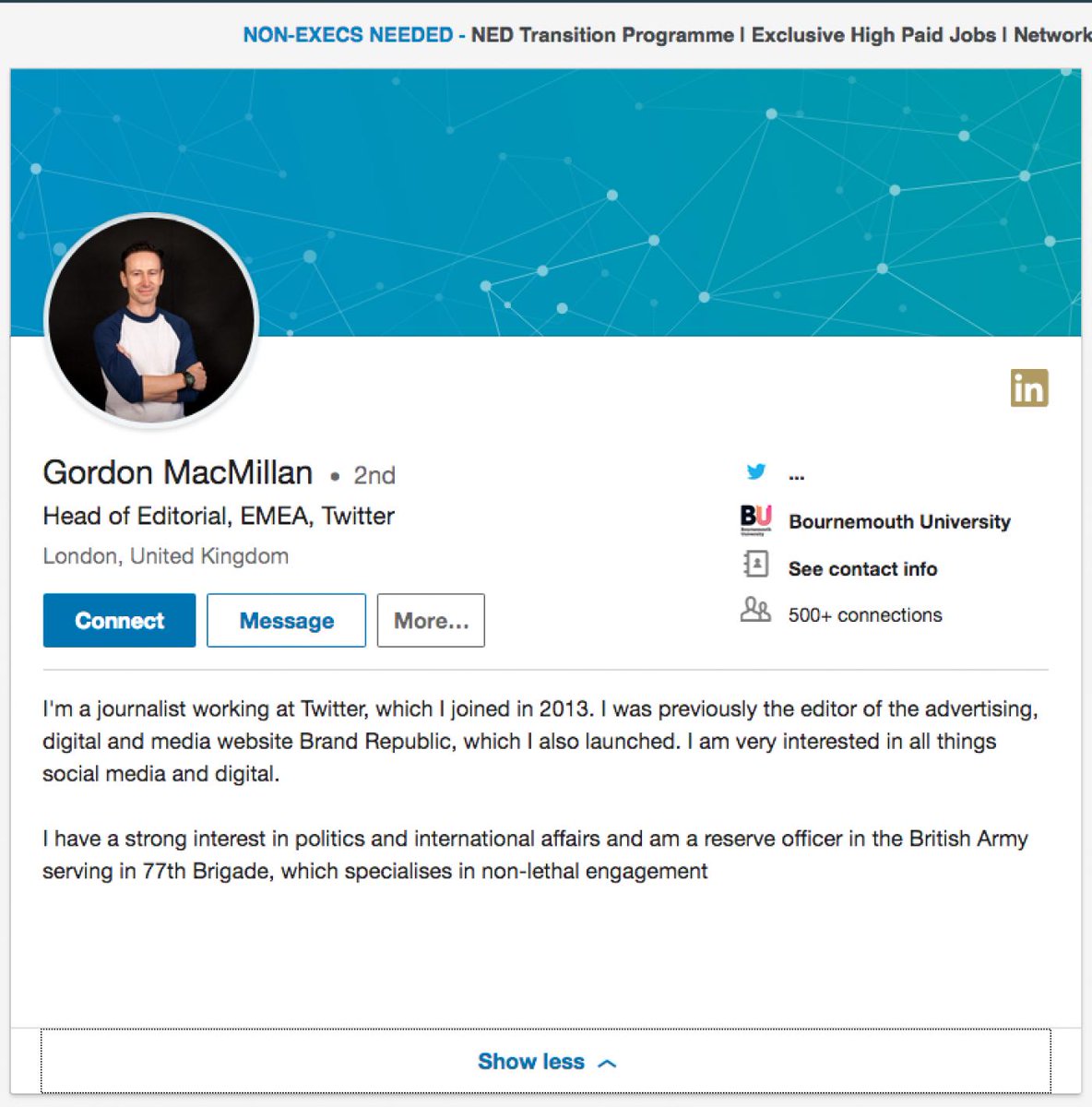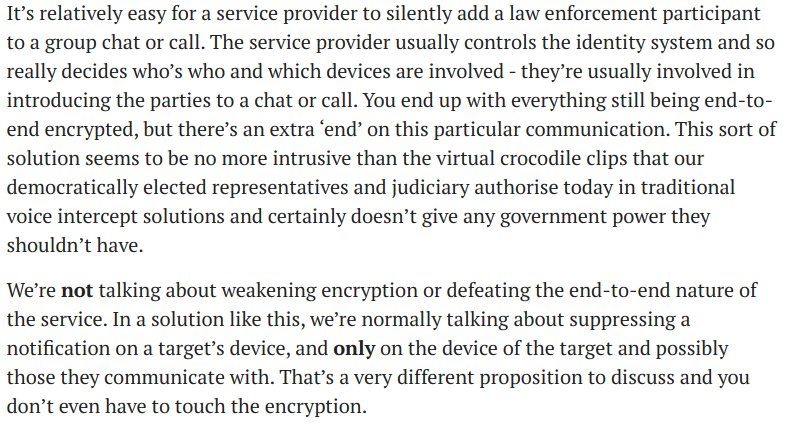
How to get URL link on X (Twitter) App


 However, we can break free from this endless cycle of new monolithic L1s.
However, we can break free from this endless cycle of new monolithic L1s.
https://twitter.com/evansforbes/status/1540772513516511233
https://twitter.com/CelestiaOrg/status/1529477769993654274For years, crypto has been held back with a cycle of new monolithic L1 smart contract platforms, each racing to the bottom to sacrifice decentralization and security for cheaper transaction fees, yet still not delivering.
https://twitter.com/VitalikButerin/status/1311921668005060608Whereas Ethereum 2.0 phase 1 is a data availability layer for Ethereum/EVM-compatible ORUs, LazyLedger is a *general-purpose* data availability layer. Our goal is to enable people to build ORU blockchains with any *standalone* execution environment.
https://twitter.com/musalbas/status/1298300412097855488


https://twitter.com/adam3us/status/1291298850301513730Adam Back is a particularly good example of this. When Satoshi emailed him about Bitcoin in 2008, he never thought it would work. He first got involved when Bitcoin reached it's ATH at $1000 in 2013, opening his first GitHub account the next day.
https://twitter.com/bramcohen/status/1198787471175106560Layer two scalability solutions are not an alternative to scaling the base layer. If every Facebook user maintained a channel once a year with an on-chain transaction, you still need 70 tx/s, 20x higher than what Bitcoin does. And not to mention UX issues.
https://twitter.com/bramcohen/status/1198787933785841664

 @toholdaquill For some context, we've known that UK intelligence agency GCHQ has for many years engaged in online disinfo campaigns/psyops through fake Twitter and social media accounts: vice.com/en_us/article/…
@toholdaquill For some context, we've known that UK intelligence agency GCHQ has for many years engaged in online disinfo campaigns/psyops through fake Twitter and social media accounts: vice.com/en_us/article/…


 We've been fortunate enough to not have a global active adversary that is willing to manipulate packets on a large scale, so end-to-end encrypted chat systems didn't have to focus much on the key verification problem. That looks like it's going to change:
We've been fortunate enough to not have a global active adversary that is willing to manipulate packets on a large scale, so end-to-end encrypted chat systems didn't have to focus much on the key verification problem. That looks like it's going to change: https://twitter.com/musalbas/status/1068179464197156864


 People started taking the piss out of British Airways by also asking for their customers' personal details, so they had to add an addendum 6 hours later to clarify that the customer should send the info over DM.
People started taking the piss out of British Airways by also asking for their customers' personal details, so they had to add an addendum 6 hours later to clarify that the customer should send the info over DM. 
